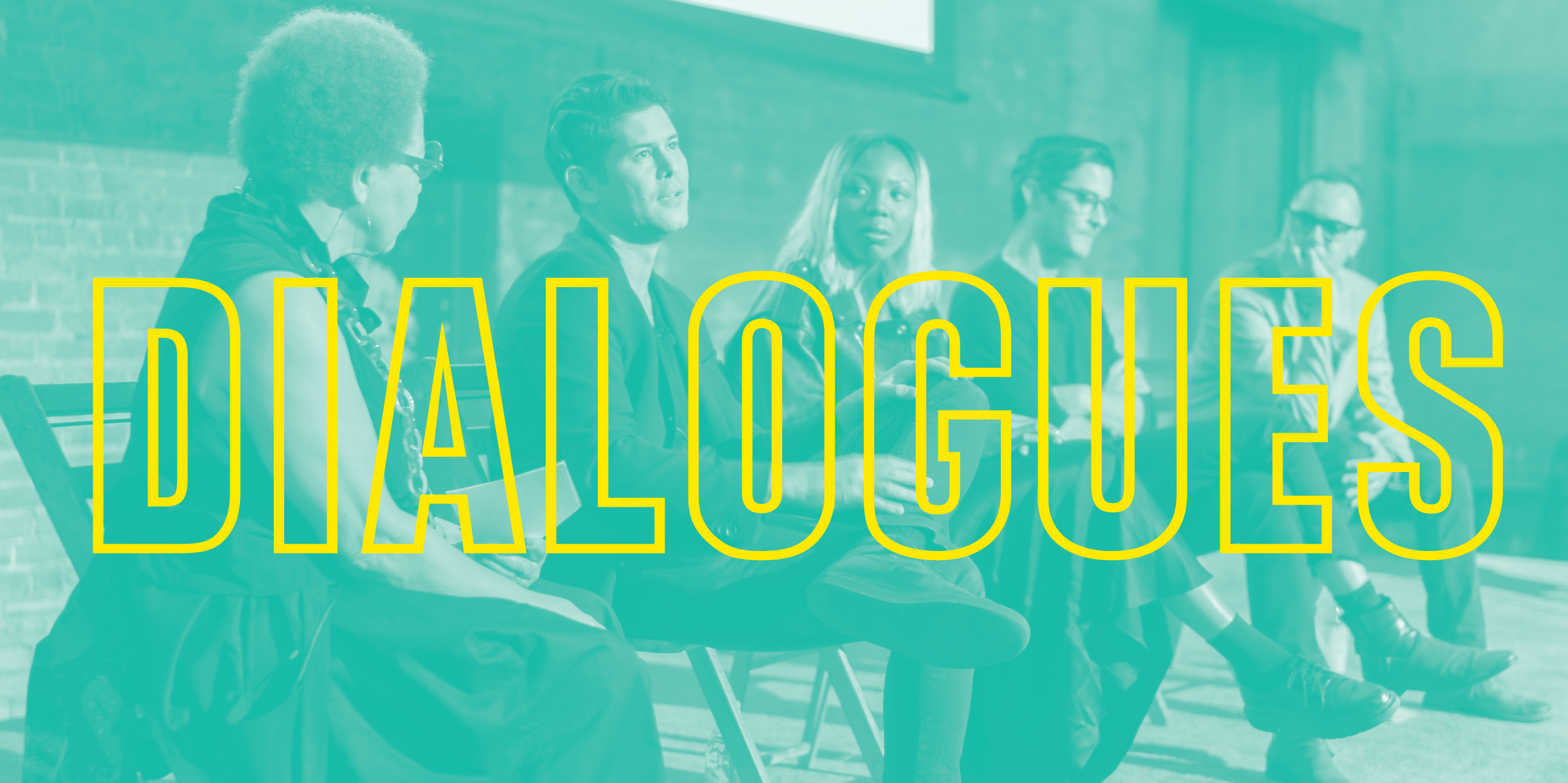

The upheaval of the 2016 Presidential Election and the Brexit referendum revealed a fractured society. With social discourse atomized via political antagonism and personalized news feeds, common discourse is in peril. However, the disintegration of the mainstream amplifies voices which were once marginalized. The participants in this discussion explore different versions of history, ways of existing in America today, and possibilities for the future. Watch the whole Dialogue and learn more about the Participants on YouTube.
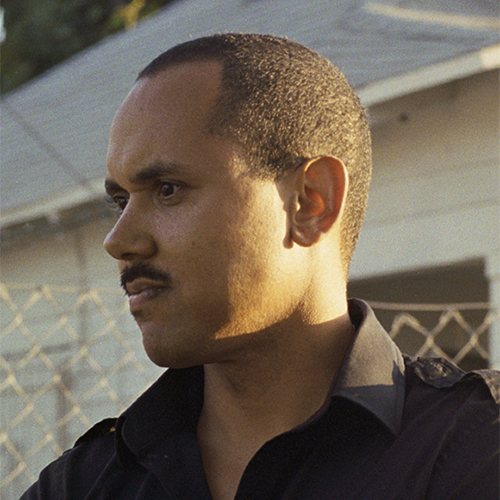
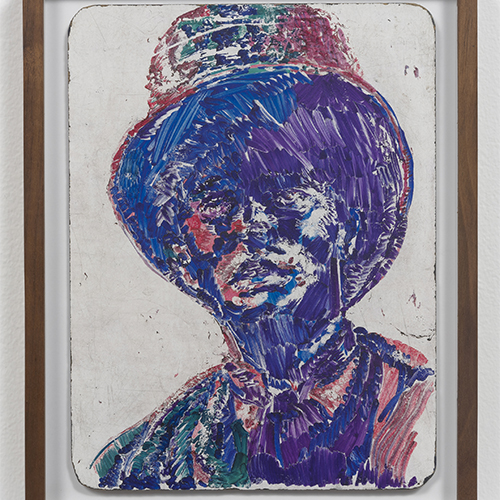
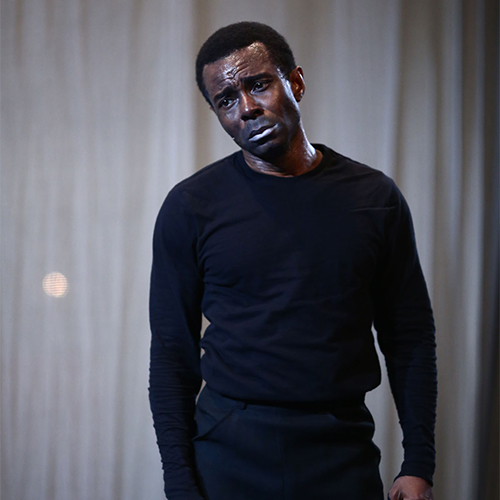
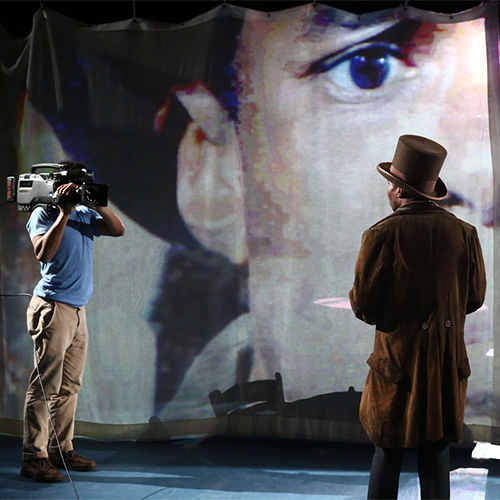
Edgar Arceneaux's multimedia practice illuminates moments of cultural history—be they Ben Vereen's misunderstood use of blackface at Reagan's Inaugural Gala, or the FBI's surveillance and blackmail of Martin Luther King Jr.—to present the past as something not only alive, but malleable. Born in 1972, the Los Angeles-based artist was the director of the Watts House Project from 1999-2012. Solo exhibitions of his work have been mounted at the List Museum at MIT, Cambridge; Kunstverein Ulm, Germany; Kunstmuseum Basel; the Studio Museum Harlem, New York; and the Hammer Museum, Los Angeles. He has been included in the Whitney Biennial, Whitney Museum of American Art, New York and in group exhibitions at Mona Bismarck American Center, Paris; Galerie Thaddaeus Ropac, Paris; Museum of Contemporary Art, Los Angeles; the Orange County Museum of Art; the San Francisco Museum of Modern Art; and the Museum Ludwig, Cologne, amongst others. Upcoming exhibitions are at the Yerba Buena Center for the Arts, San Francisco and The Baltic Center, England.
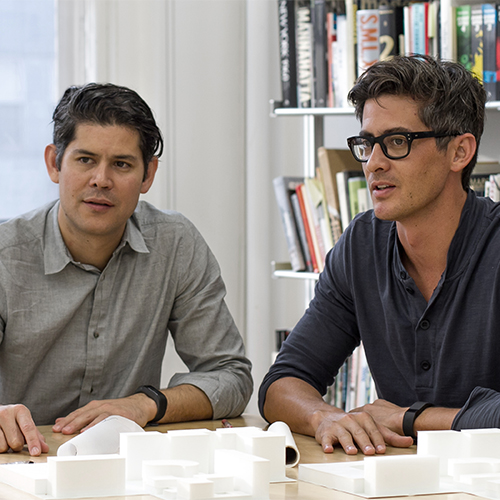
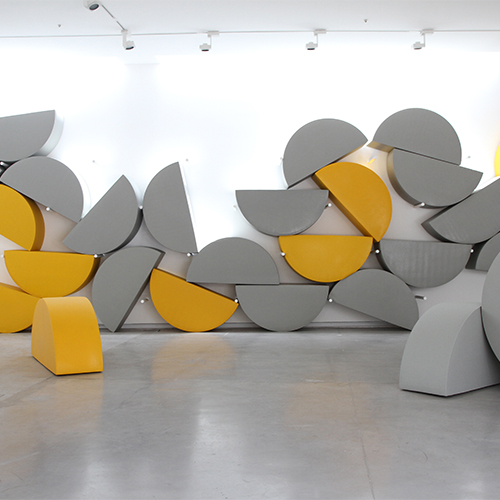
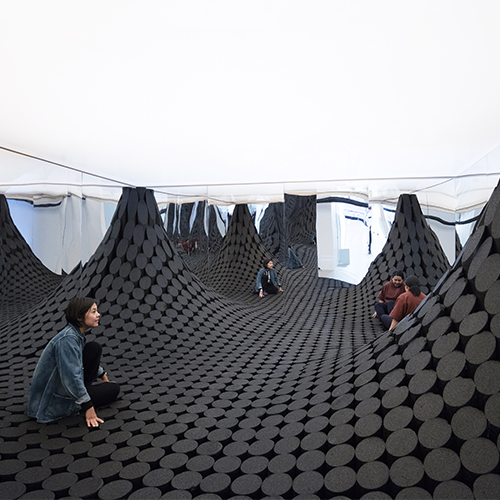
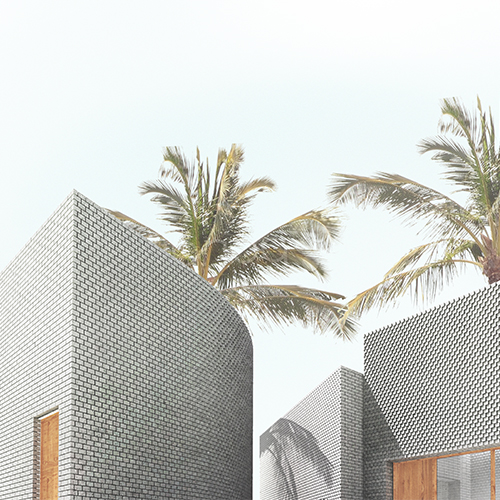
By designing landmark buildings for different cultural institutions, such as Asian Americans for Equality, and the Los Angeles LGBT Center, the New York-based firm Leong Leong is on the forefront of socially progressive architecture. Over the past several years, Leong Leong has been increasingly focused on projects that envision new relationships between culture and commerce, public and private, figure and field, domestic and monumental, diagram and effect.
Leong Leong's design process and research is driven by a curiosity for new organization typologies and aesthetic experiences, which offer new ways of living, working, and playing with one another. Frequently expanding the role of the architect with a diverse staff of designers and researchers, Leong Leong's approach spans between strategic thinking and material experimentation, from the city to the artifact.
Leong Leong's work includes a wide range of projects and scales including buildings, interiors, exhibitions, and furniture, with completed projects in New York, Los Angeles, Tokyo, Hong Kong, Seoul, Venice, and Napa Valley.
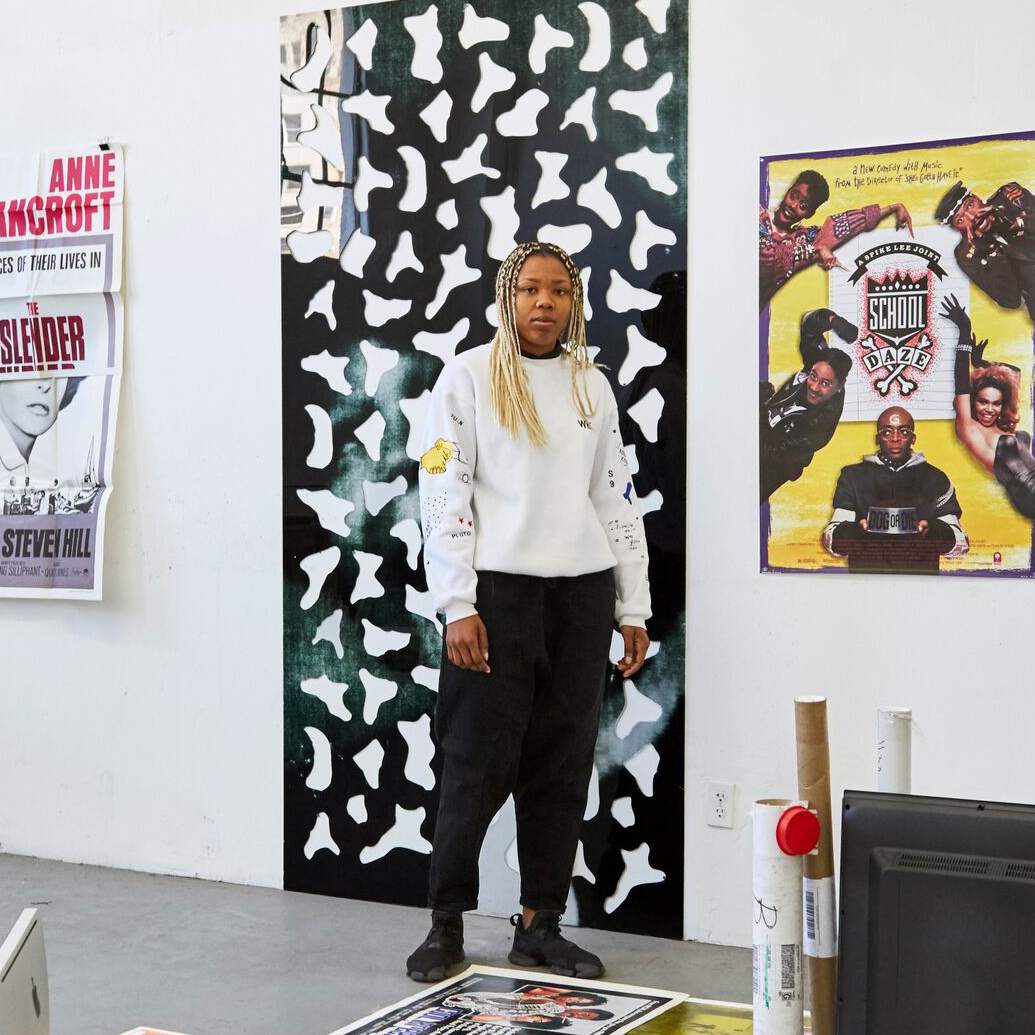
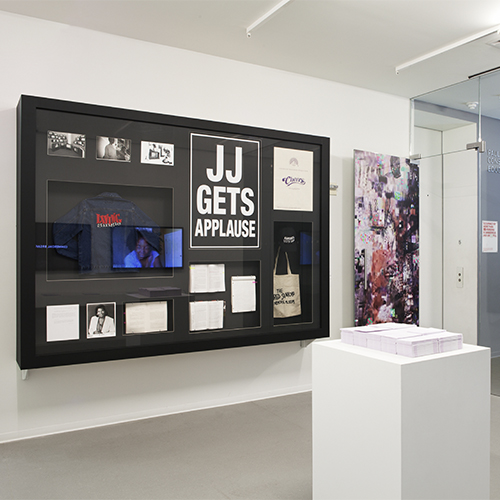
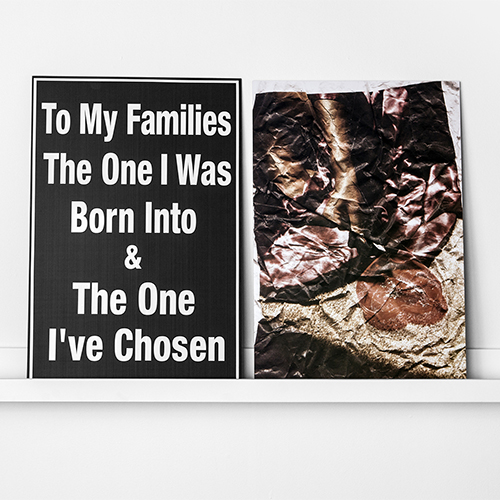
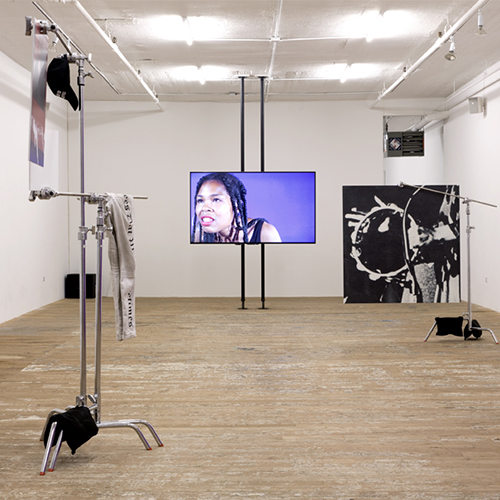
One of the art world's rising stars, Martine Syms has been featured most recently at the Museum of Modern Art in New York. She uses video and performance to examine representations of Blackness and its relationship to American situation comedy, Black vernacular, feminist movements, and radical traditions. Her artwork has been exhibited and screened extensively, including presentations at the New Museum, The Studio Museum in Harlem, Museum of Contemporary Art Los Angeles, MCA Chicago, Green Gallery, Gene Siskel Film Centre, and White Flag Projects. She has lectured at Yale University, SXSW, California Institute of the Arts, University of Chicago, Johns Hopkins University, and MoMA PS1, among other venues. Syms' recently presented exhibitions include Borrowed Lady, SFU Galleries, Vancouver; Fact and Trouble, ICA London; COM PORT MENT, Karma International, Los Angeles; and Vertical Elevated Oblique, Bridget Donahue Gallery, New York. From 2007-2011 she was the co-director of the Chicago artist run project space Golden Age, and she currently runs Dominica Publishing, an imprint dedicated to exploring blackness in visual culture. She is the author of Implications and Distinctions: Format, Content and Context in Contemporary Race Film (2011).
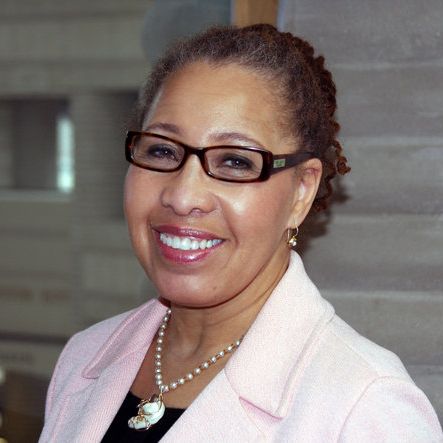
Juanita Moore has led some of the premiere museums dedicated to African American history in the country. She is currently the President & CEO of the Charles H. Wright Museum of African American History (Detroit, MI), the largest museum of its kind in the nation. Prior to assuming her current post, she served as Executive Director of the American Jazz Museum and the Gem Theater located in the 18th & Vine Historic District (Kansas City, MO).
Moore served as founding Executive Director of the National Civil Rights Museum (Memphis, TN). In that capacity, Moore oversaw the construction and opening of the museum located at the Lorraine Motel, the site of the assassination of Dr. Martin Luther King Jr.
Prior to Memphis, Moore spent several years planning and subsequently opening the National African American Museum and Cultural Center (Wilberforce, OH). As a senior member of the planning team, she was pivotal in developing a strategy and concept for building a nationally donated collection.
Moore began her career with the Ohio Historical Society, where she served as the first African American curator. She also served as Director of the Kuumba Na Nia Dance and Theatre Company. In 2014, the Association of African American Museums presented Juanita Moore with the Dr. John E. Fleming Award for lifetime achievement.